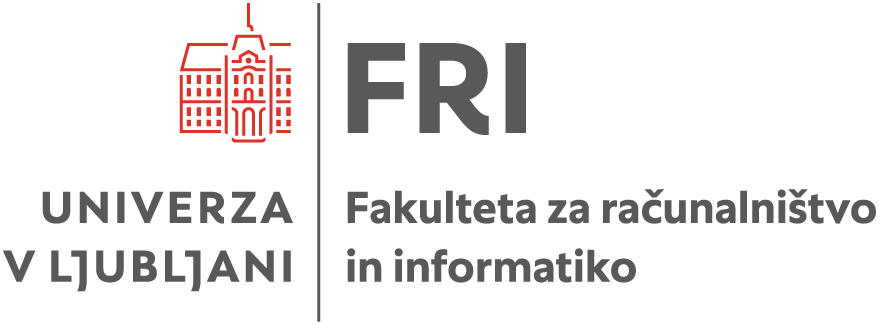- FRI Piškot: Phillips - Face Recognition Accuracy
Na tokratnem FRI Piškotu bomo gostili dr. P. Jonathona Phillipsa, raziskovalca na področju biometrije z Laboratorija za informacijske tehnologije ameriškega Državnega inštituta za standarde in tehnologijo (NIST). Predavanje bo v četrtek, 20. septembra 2018, ob 14.15 v predavalnici P03.
Face recognition accuracy of forensic examiners, superrecognizers, and face recognition algorithms
Povzetek
This is the first study to measure face identification accuracy for an international group of professional forensic facial examiners, working under circumstances that apply in real world casework. Examiners and other human face “specialists”, including forensically trained facial reviewers and untrained super-recognizers, were more accurate than the control groups on a challenging test of face identification. Therefore, specialists are the best available human solution to the problem of face identification. We present the first data comparing state-of-the-art face recognition technology to the best human face identifiers. The best machine performed in the range of the best humans, professional facial examiners. However, optimal face identification was achieved only when humans and machines worked in collaboration. The talk is based on Phillips, P. J., et al. "Face recognition accuracy of forensic examiners, superrecognizers, and face recognition algorithms." Proceedings of the National Academy of Sciences (2018): 201721355.
Biografija predavatelja
Dr. P. Jonathon Phillips is an Electronic Engineer at the National Institute of Standards and Technology's Information Technology Laboratory. Jonathon is a leading researcher in the fields of computer vision, face recognition, biometrics, and forensics. He has published over 100 peer reviewed papers in face recognition, computer vision, biometrics, psychology, forensics, statistics, and neuroscience. His papers have received over 30,000 Google citations. He is an IEEE Fellow and an International Association of Pattern Recognition (IAPR) Fellow. He won the inaugural IEEE Mark Everingham Prize.
